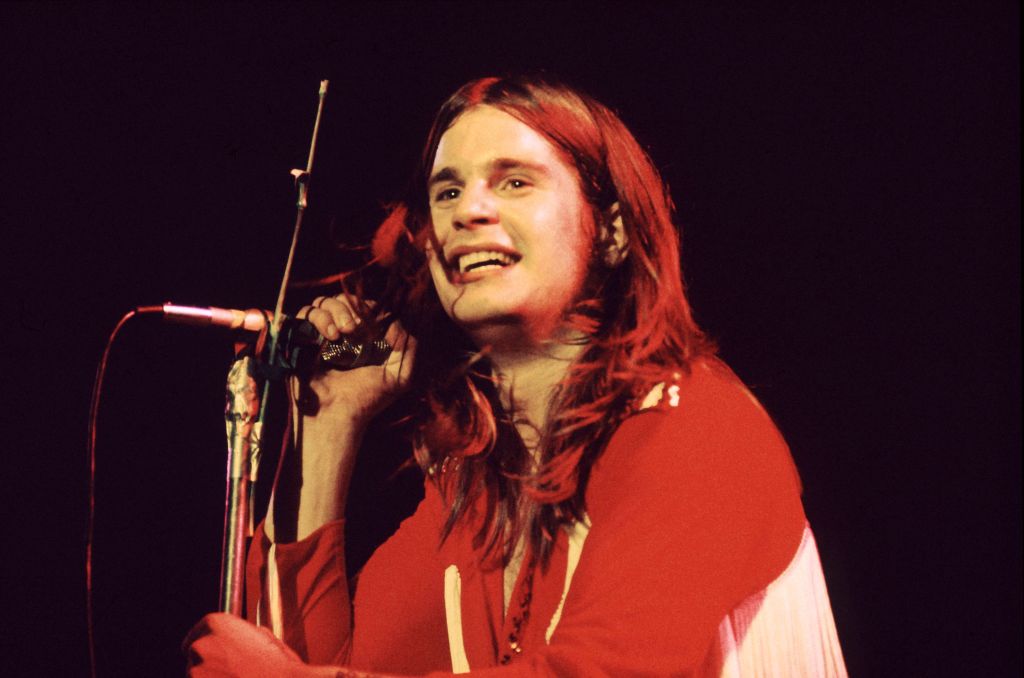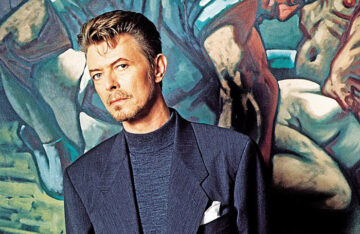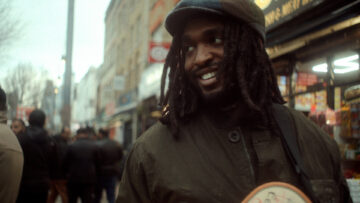After a cursory glance at the track list, you might wonder how could an album without ‘Paranoid’ or ‘War Pigs’ possibly be considered one of Black Sabbath’s best. 1973’s Sabbath Bloody Sabbath, however, is certainly a contender, celebrating its 50th anniversary today.
The Sabbath hallmark of brutal riffage and malevolent imagery is in abundance, paving the way for heavy metal to follow in its wake – its influence on heavy metal music is evident in Iron Maiden, Metallica, Judas Priest, Megadeth, Guns N’ Roses, you name it.
Sabbath Bloody Sabbath also saw Black Sabbath reach their critical zenith. Adored by legions of fans in the US and UK alike, critics had yet to cotton on or even begin to recognise their transformative impact on rock music until then. Reaching number four on the UK album charts, it also became Sabbath’s fifth consecutive platinum-selling album in the States. Rolling Stone finally had something positive to say about their output.
Turning over a new (sweet) leaf, Sabbath Bloody Sabbath should’ve ushered in a new era for the four-piece band for whom heavy metal’s birth is largely indebted. Instead, Ozzy Osbourne referred to it as “our last truly great album”. The cracks were very much appearing, the shine of Black Sabbath’s golden-age lineup beginning to dull.
In his 2009 memoir, I Am Ozzy, Osbourne wrote: “[It was] our last truly great album, I think. And with the music we’d managed to strike just the right balance between our old heaviness and our new, ‘experimental’ side.” Whilst Sabbath Bloody Sabbath was certainly a creative triumph by all accounts, they failed to reach those heights again. In truth, it was remarkable they conjured up another masterpiece amidst their cocaine-addled lifestyles.
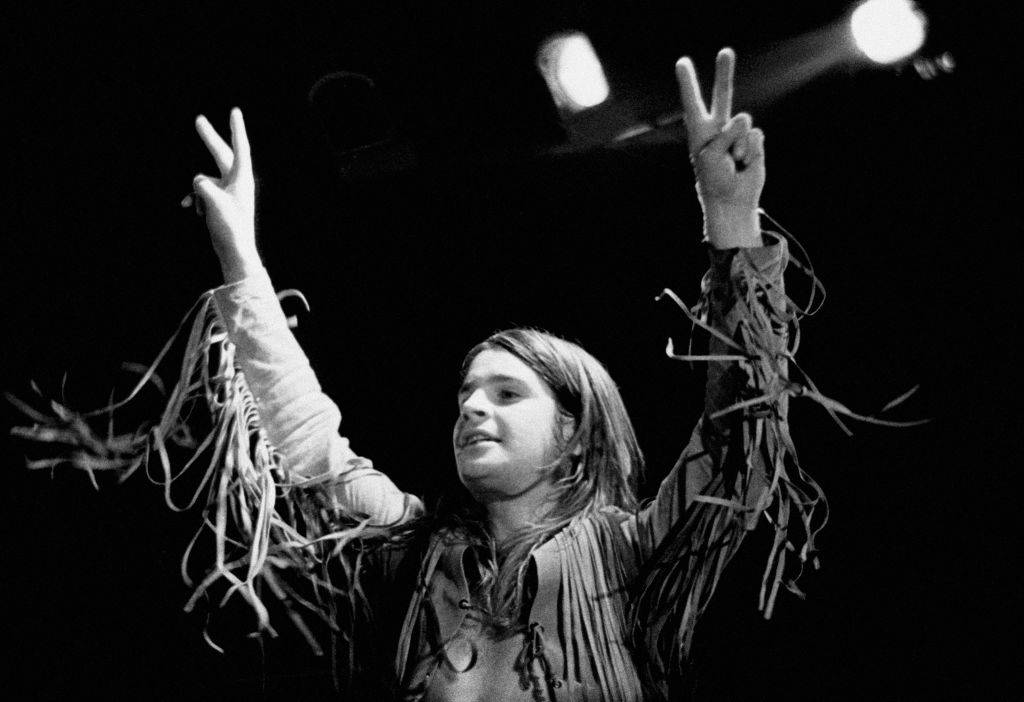
After the fanatical response to Vol.4, Black Sabbath’s four members – Ozzy, Tony Iommi, Geezer Butler and Bill Ward – initially tried to rekindle the alchemy from that album’s sessions by once again writing in the same rented space in Bel Air, Los Angeles. But writer’s block and drug dependence halted proceedings, with Iommi believing that Black Sabbath’s time in the proverbial spotlight was over already.
Determined to give the album another crack, they all relocated back to England, renting out Clearwell Castle in The Forest of Dean, Gloucestershire. The eerie locale proved to be inspirational.
It was reported that the castle was haunted, with Ozzy and Iommi themselves admitting to seeing a cloaked figure walking around at night, in more than one instance. The scary, macabre surroundings inspired some of the album’s sludgiest songs in ‘A National Acrobat’ and ‘Killing Yourself To Live’. Writing in the castle’s dungeons helped Iommi stumble upon the riff for ‘Sabbath Bloody Sabbath’, which set the doomy tone for the entire album.
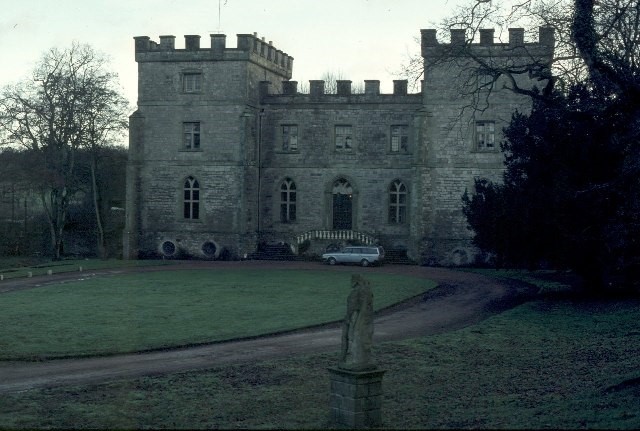
In such a rich vein of creativity, even a visit from Led Zeppelin’s John Bonham couldn’t convince them to let him perform on any tracks, though Yes’s keyboardist Rick Wakeman did contribute as a session player on ‘Sabbra Cadabra’, accepting beers solely in payment for the pleasure.
But they were as dependent on Tony Iommi’s writing as they were on drugs. “You have to let your body sleep, to let your soul live on,” cries Ozzy on ‘A National Acrobat’, a telling sign that guitarist Iommi – who wrote the bulk of music and lyrics at the time when the rest of the band were pulverising cocaine – was crying out to share the load.
READ MORE: The story of Now And Then | How The Beatles reuinted one last time with the magic of AI
It was a dynamic that couldn’t last. Their 1975 follow-up Sabotage – despite seeing the band briefly adopt a siege mentality whilst being sued by former management before recording – deepened creative frustrations.
Whilst Ozzy himself might feel that Sabbath Bloody Sabbath is their last great album, metal icons have since attested to its impact. In 2008, Guns N’ Roses’ shredder Slash told Guitar World that ‘Sabbath Bloody Sabbath’ is “the heaviest shit I have ever heard in my life. To this day, I haven’t heard anything as heavy that has as much soul.” Metallica’s lead guitarist Kirk Hammett cited ‘Killing Yourself To Live’ as his most influential moment, also telling Guitar World that year: “A lot of people gravitate toward the album’s title track, ‘Sabbath Bloody Sabbath’, but for me, this is the stand out cut on the album.”
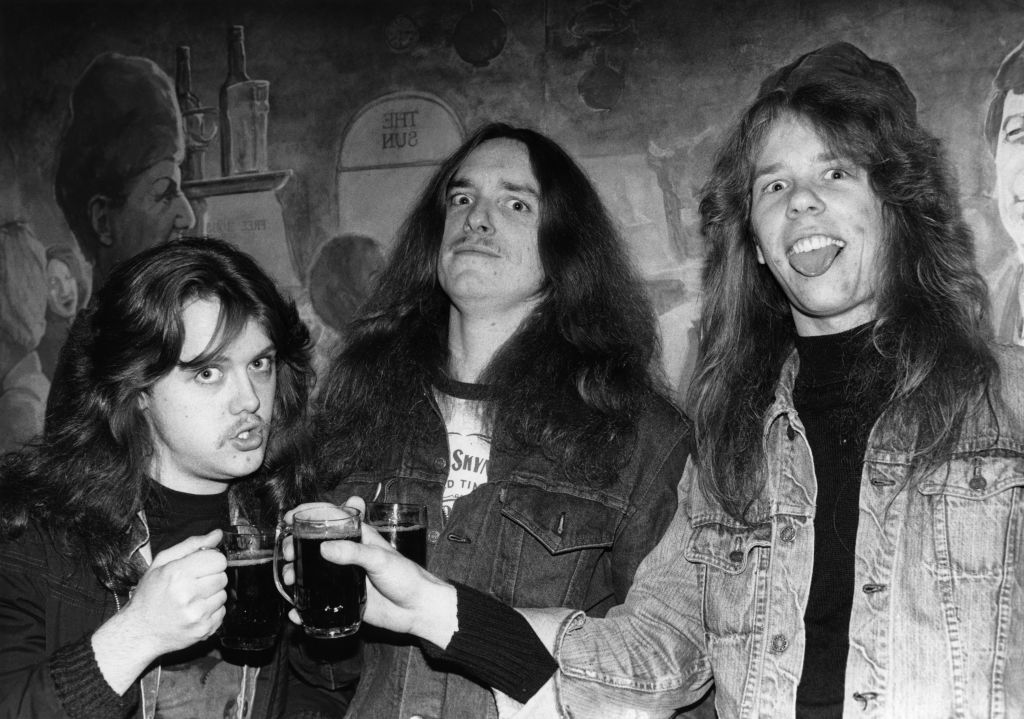
Metallica’s James Hetfield and Lars Ulrich admitted whilst inducing them into the Rock and Roll Hall of Fame that “if there was no Black Sabbath, there would be no Metallica.” Having snatched the heavy metal mantle from Sabbath during the 1980s, they paid homage to Sabbath Bloody Sabbath on their 1998 covers album Garage Inc., recording a meaty version of ‘Sabbra Cadabra’.
With that much inspiration being taken from some of the subsequent kingpins of heavy metal, inheriting much of what Black Sabbath had done with this eight-track marvel, perhaps it’s both correct and highly complimentary to call Sabbath Bloody Sabbath the band’s last great album.
Keep up to date with the best in UK music by following us on Instagram: @whynowworld and on Twitter/X: @whynowworld

